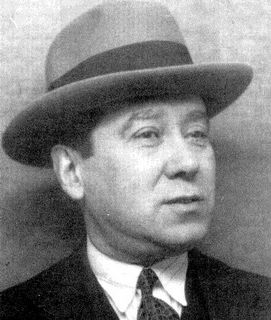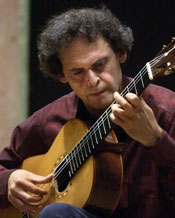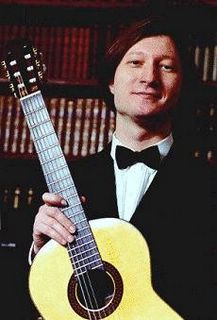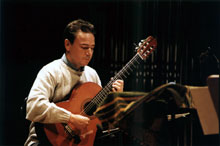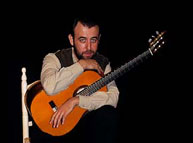
Haven't gotten the time recently to blog recently and wouldn't much much chance either for the next 4 months, but oh well, I'll just try to blog whenever I have the inspiration and a computer with internet connection.
Have been listening to Glenn Gould's 1981 recording of Bach's most gigantic composition for the harpsichord and I'm deeply drawn by the beauty of this work. Come to think of it, the way I've come into contact with this work has been really strange. I saw the guitar transcription of the Goldberg Variations in the local music store by József Eötvös and it actually stirred up my curiosity in this work, thus I went to acquire the legendary recording by Glenn Gould and I could say that was the most correct decision which I had made. And of course, I made my way down to that local music store to purchase the guitar transcription for it. I haven't gotten József Eötvös's recording of it yet, though I've listened to a few tracks in it, and I can only say that it's truly beautiful in its own way.
I'm indeed pleasantly surprised that József Eötvös had done the 'impossible' of transcribing this marvellous work by Bach onto a solo guitar. I wouldn't have gone down to purchase the score if it's a duo piece, for I wouldn't think that it's hard to transcribe a polyphonic piece onto two guitars, since Kazuhito Yamashita has managed to transcribe the whole work of Modest Mussorgsky's Pictures At An Exhibition and Igor Stravsinky's Firebird onto the solo guitar. Of course, certainly not an easy feat, but through the transcriptions, the architecture of these two orchestral pieces had suffered. But it's completely different for Bach's Goldberg Variations, which is written for a solo instrument - the harpsichord, for the guitar is also a solo instrument without sustain and a fairly quick decay of the sound.
I'm glad though, that József Eötvös had transcribed this work in a way such that it sounds like original composition for the guitar and not attempt to make the piece an imitation of the original. There are classical guitar recordings in which guitarists attempt to bring out the harpsichordic effect or make the guitar sound like a harpsichord. It desecretes the spirit of the guitar for the beauty of its natural sound is lost. What's the point of creating an authentic performance at the expense of the beautiful natural sound of the instrument? Bach himself had transcribed his works for different instruments and reworked them to suit the characteristic of the instruments anyway.
It's no wonder that this transcription has been hailed as the guitar transcription of the century, for this works seems more 'impossible' as compared to transcribing the whole Violin Partita No. 2.
I still hope to be able to complete one or two suites of Bach every year, so this work will probably have to wait a few years down the road, after I master the Lute Suites and probably a few of the Violin Sonatas and Partitas and Cello Suites.
It is, in short, music which observes neither end nor beginning, music with neither real climax nor real resolution, music which, like Beaudelaires's lovers, "rests lightly on the wings of the unchecked wind." It has, then, unity through intuitive perception, unity born of craft and scrutiny, mellowed by mastery achieved, and revealed to us here, as so rarely in art, in the vision of subconscious design exulting upon a pinnacle of potency.
-Glenn Gould, linear notes of the 1956 Bach Goldberg Variations
